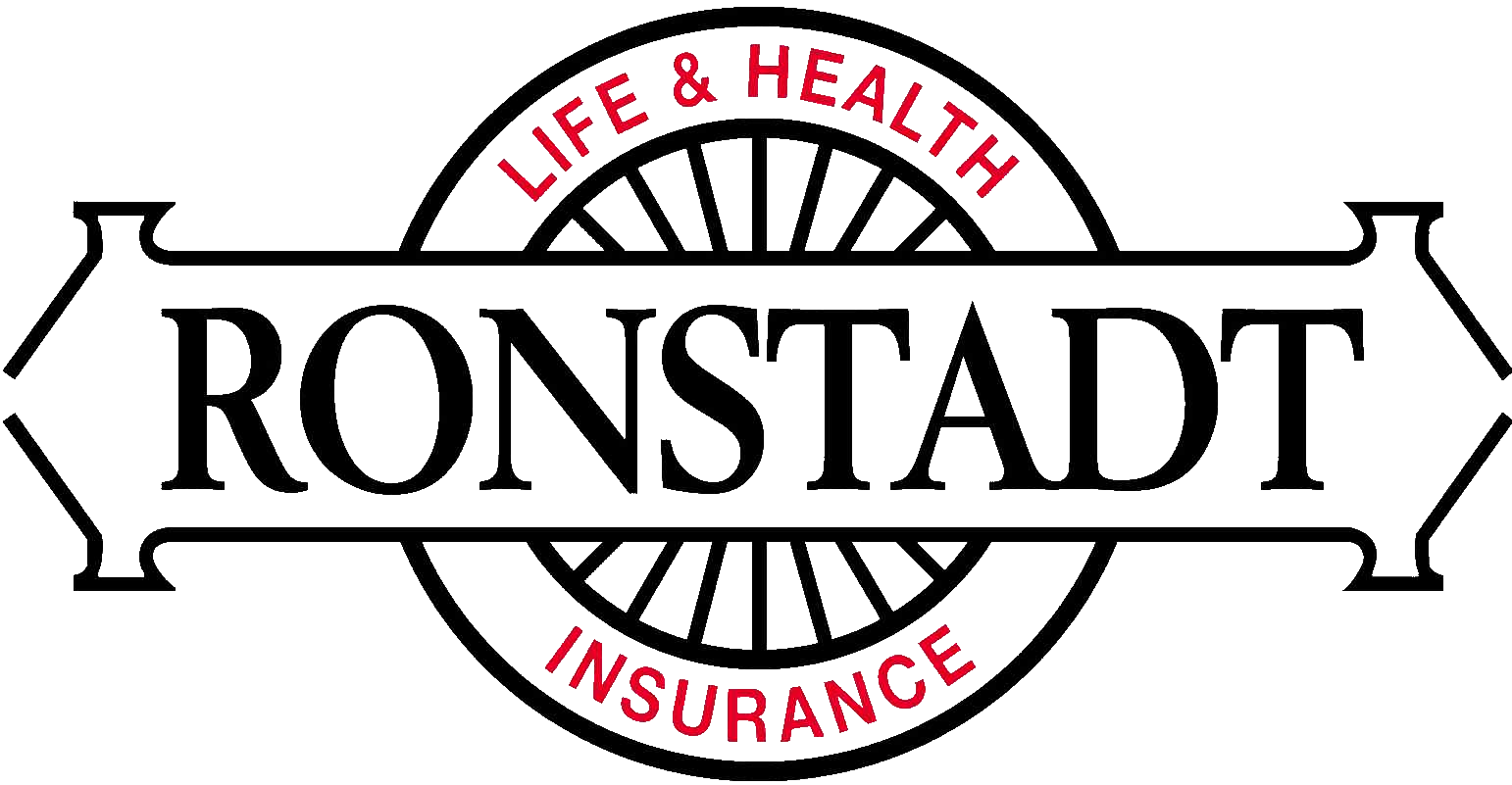May 21, 2024
Your mental health includes how you think, feel and act, as well as your emotional and social well-being. Mental health can change over time, depending on factors like workload, stress and work-life balance. Mental Health Awareness Month is a national movement in May to increase awareness about mental health, fight the stigma, celebrate recovery, and support Americans with mental illness and their families. The observance was established by Mental Health America in 1949. This article explores mental health in America and ways you can care for your mental health, take steps toward recovery and support others. Mental Health in America Millions of people in the United States are affected by mental illness each year. In fact, mental illnesses are some of the most common health conditions in the United States. Consider the following statistics from the
National Alliance on Mental Illness:
• One in 5 adults will experience a mental illness
in a given year.
• One in 25 adults lives with a serious mental
illness, such as schizophrenia, bipolar disorder or
major depression.
• Nearly 50% of people with a mental illness
receive treatment.
Download the whole article here.
August 22, 2023
From United Healthcare
As the workforce continues to evolve, employers will need to find ways to ensure their health plan delivers an experience in line with their employees’ needs and expectations.
From new college hires to seasoned executives, it’s not uncommon for an employee population to span multiple generations. In fact, there are 4 commonly defined generations currently active in the workplace today: Baby Boomers, Generation X (Gen X), Millennials and Generation Z (Gen Z).
With these multigenerational employee populations come varying healthcare needs, expectations and preferences. For instance, Baby Boomers are likely to have different healthcare issues and priorities than their younger counterparts, based on several factors including biological age, life experience and socioeconomic influences.
This can make it a challenge for employers to determine which healthcare experiences are the right fit for their unique employee population. And finding the right fit matters.
It’s important for employers to understand their employee population’s needs and to keep generational preferences in mind when designing healthcare plans. Doing so provides options for employees who prefer to access health care in different ways. This maximizes engagement and improves the experience and may lead to higher overall employee satisfaction and talent retention.

















